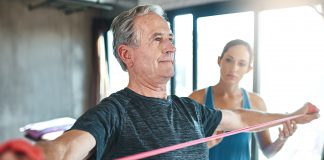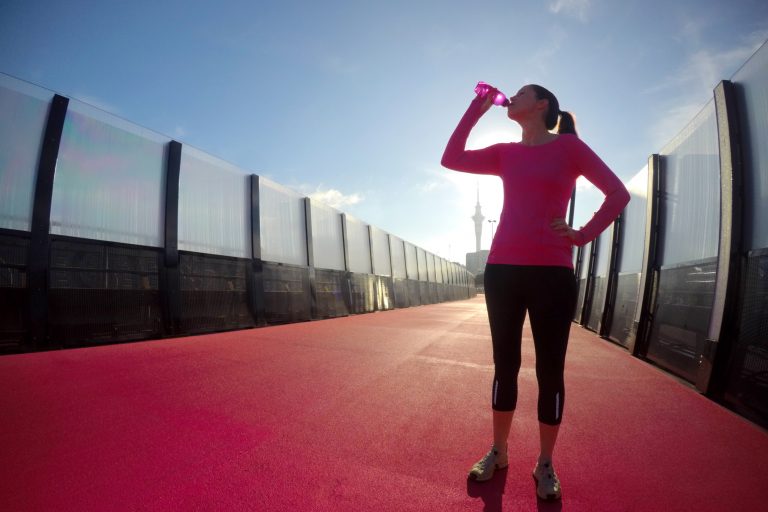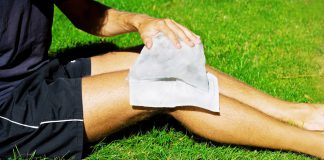Exercise as medicine: Parkinson’s disease

The health benefits of exercise have long been extolled. Heart disease treatment and prevention, cancer, and mental health are amongst the most commonly known areas to benefit. Exercise can be cheap, relatively safe and free of side effects. It is increasingly being used to help manage other health conditions like Parkinson’s disease.
Parkinson’s disease is a consequence of a progressive decline in the production of an important neurotransmitter called dopamine. A lack of dopamine can cause movement problems like tremor, slowed and smaller movements and impaired agility with falls. A bout of exercise transiently increases dopamine production and/or makes what is being produced more effective!
Parkinson’s disease (PD) affects movement. However, exercise studies consistently reveal that people with PD can improve in the following areas:
- Strength
- Endurance
- Balance
- Mobility
- Walking ability
- Flexibility
Exercise has been shown to delay the progression of PD, but as yet there are no cures for PD. Exercise, especially more intense exercise, is neuroprotective.
The key for people with PD is to make exercise part of your life and stick with it. You need to avoid negative exercise experiences: “Dreadmill”, “SwearMaster” and “Personal Draining”!
There is a PD exercise group using the AUT Millennium Gym. They have a group class, called PD Warriors, once a week on Wednesdays at 1.30pm. PD Warriors is an exercise programme specifically designed for PD and follows seven core principles:
- Fun
- Specificity
- High effort
- Frequency
- Powerful
- Complex
- Salience
I would like to propose another important reason for exercise in PD: it makes you feel normal again, at least whilst exercising! Cycling is particularly rewarding in this sense!
Written by Dr Simon Mayhew – diagnosed with Parkinson’s disease in 2016!
If you are interested in the PD Warrior class, please contact Gilly Davy at Connect Neuro Physiotherapy to book an assessment: gilly@connectneurophysiotherapy.com






